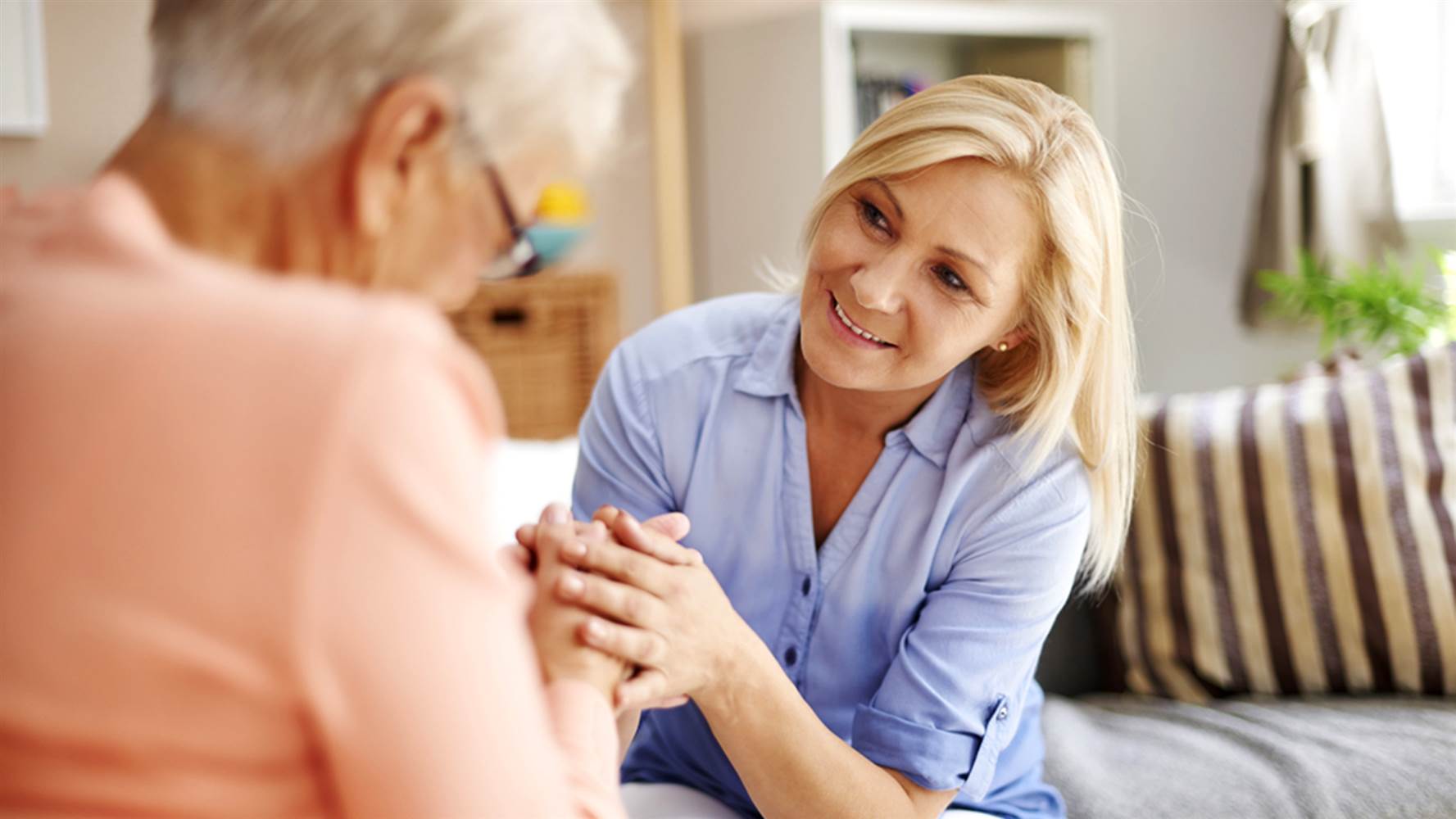The Art of Aging Well
We provide customized hourly and around-the-clock care to older adults so they can live happier, healthier lives at home.
Download by: Maria Licoudis, R.N. & Care Manager
by: Maria Licoudis, R.N. & Care Manager
Depression can be confused and misinterpreted for other illnesses, and sometimes the incorrect medications are used as treatment. Older people are at risk for depression and a misdiagnosis can occur due to the fact that the elderly already have other medical illnesses, and display symptoms that can be common to other diseases. As well, many seniors view depression as a sign of weakness, and are therefore embarrassed to admit that they are sad or depressed. Depression can happen to anyone; accomplishments, success, wealth, and background have no influence.
The challenges of aging, along with decreased mobility, illness, losses of spouses or friends, or family members, decreased finances, isolation, boredom, retirement, relocation of residence, loss of support, and just a general slowing down predisposes the elderly to depression. As well, older people are reluctant to discuss their feelings.

It is critical to know and observe for signs of depression. They include:
Sometimes, seniors complain about feeling sad but don’t know or think they have clinical depression. Furthermore, certain medical conditions (i.e. dementia, Alzheimer’s, cancer, diabetes, strokes, Parkinson’s heart and lung disease and several vitamin deficiencies) can trigger the mental illness as well.
Depression can also be a side effect of drugs, such as beta blockers, heart meds, arthritis and blood pressure medications, pain killers, and sleeping pills to name a few.
Mental and cognitive changes must be evaluated and addressed by a physician. Dementia and depression share many similar signs. In dementia, cognitive decline occurs more slowly, but with depression, cognitive decline occurs rapidly.
Preventing and treating depression is critical, as cognition, memory, energy, and zest for life will return once depression is treated. Cognitive stimulation, being engaged and connected are critical elements. Limiting the time an elderly person spends alone is important. Support systems and socialization additionally play a big role in helping a senior to come out of depression. Getting them to go out, shopping, to the park, to the hairdresser/barber, visiting friends and family, having cognitive stimulation programs given by an interventionist, learning a new skill, reading, going to the movies, laughing, and having conversation all assist. Exercise, eating balanced meals, stimulation, sleeping well, and feeling that you are part of a network also help.
Medically, doctors may choose to prescribe antidepressants, or may need to re-evaluate and assess all the meds that a person takes on, and decrease or adjust medications or dosages.
Note: This information is for informative purposes only. Always check with a medical professional.